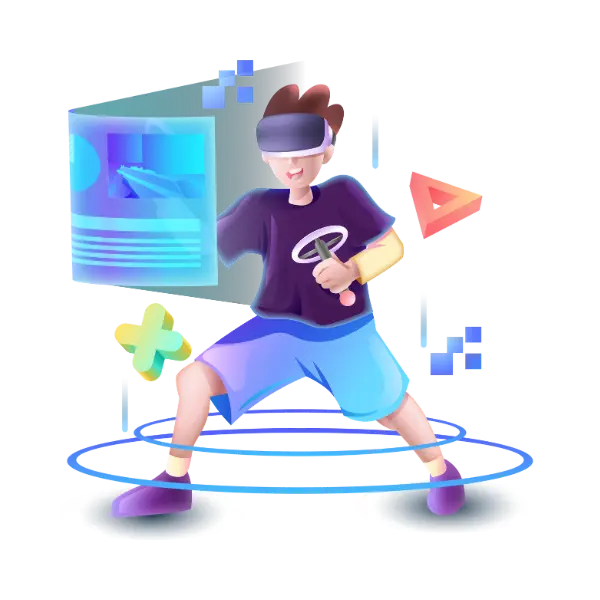Introduction
Start your Android game development today!
Our expert team is here to guide you every step of the way.

Key Challenges in Developing Cross-Platform Android Games
Performance Optimization: Balancing Power and Playability

Solution:
Addressing Platform-Specific Challenges in Android Game Development
Android OS Fragmentation: Managing Multiple Versions
Solution:
Battery Management: Avoiding Draining Player Devices
Solution:
For developers seeking to create efficient games, implementing specialized Android game development solutions can make the difference between a successful launch and a battery-draining failure.
Our expert team is here to guide you every step of the way.

Tools and Technologies for Building Cross-Platform Android Games

Game Engines: Unity and Unreal Engine
Benefits:
- Unity offers a rich asset store and community support, making it easier for developers to find tools and resources.
- Unreal Engine excels in creating high-quality visuals and detailed environments, which is ideal for complex games.
The use of game engines has become a standard in the industry, and skilled Android game developers are highly proficient in optimizing these tools for the Android platform.
Cross-Platform Frameworks: Speeding Up Development
Frameworks like Xamarin, Flutter, and React Native are traditionally used for app development but can also be useful for creating simpler 2D games. These frameworks allow developers to share code across platforms, significantly reducing development time.
The emergence of Android game development companies has accelerated the use of these frameworks, providing clients with faster, more cost-effective game development solutions.
Testing and Debugging Cross-Platform Android Games
Automated Testing: Scaling Your Testing Process
Benefits:
Manual Testing: The Final Step
A reliable Android game development company USA would incorporate both automated and manual testing into their process, ensuring that no bugs slip through the cracks.
Monetizing Cross-Platform Android Games
In-App Purchases and Ads: Ensuring Compliance Across Platforms
Solution:
Partnering with a professional Game Development Company ensures that your game complies with all platform-specific requirements while still generating revenue through various monetization strategies.
The Future of Cross-Platform Android Games
Cloud Gaming: Reducing the Pressure on Devices
Benefits:
As cloud gaming continues to grow, Android game developers will have new opportunities to push the boundaries of what mobile gaming can offer.
Our expert team is here to guide you every step of the way.
















